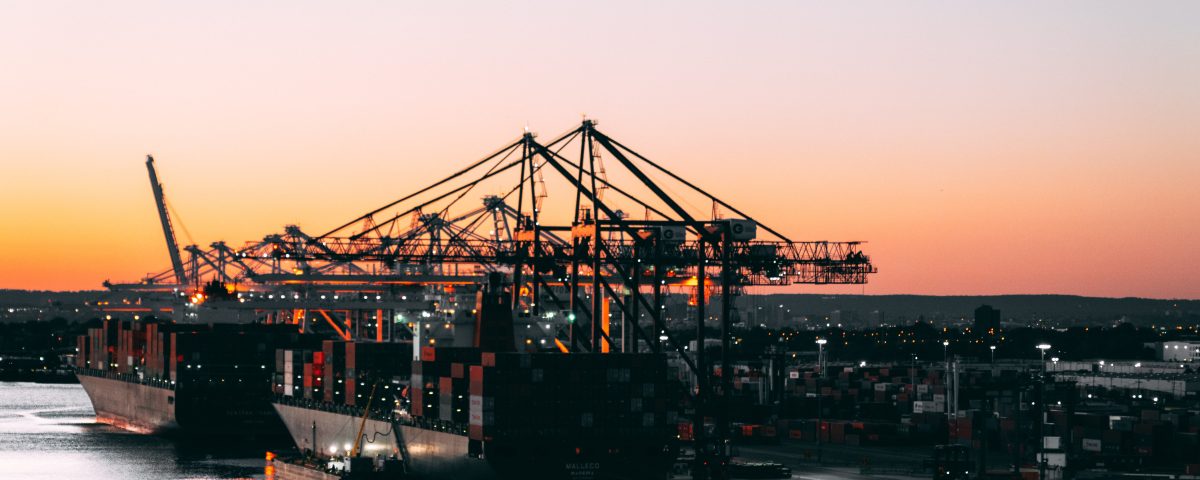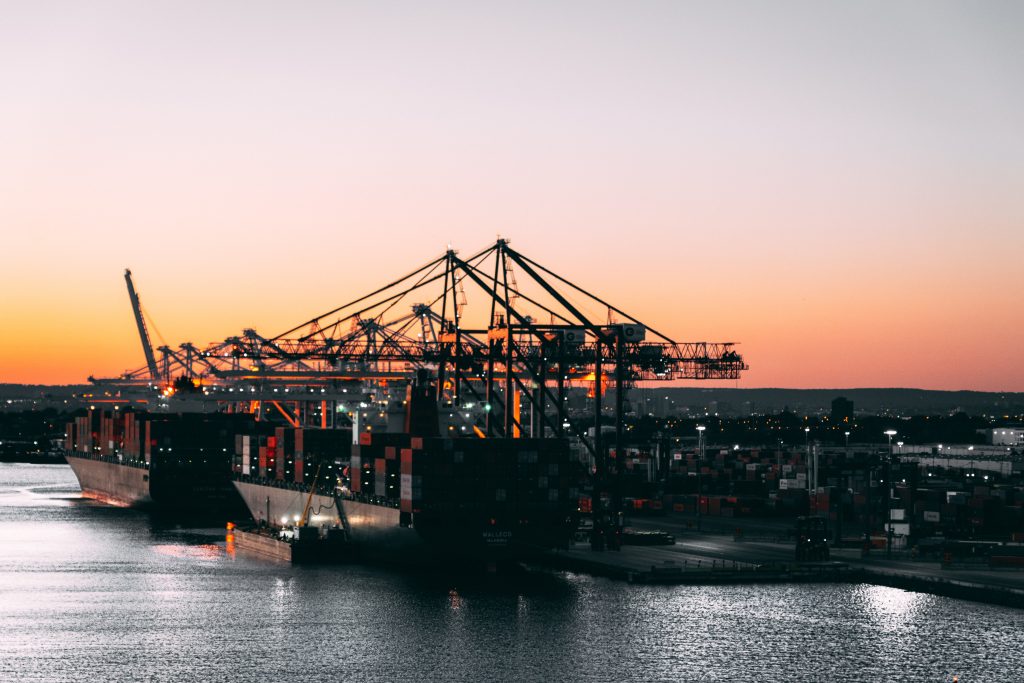

China’s world-leading fleet will serve Beijing and not the world.
The following article, recently published by Tradewinds, is a good case study for countries to determine their shipping strategies.
China has overtaken Greece as the biggest shipowner nation in the world, albeit by the tiniest of margins and only on certain measurements.
Yet Shanghai’s new supremacy over Piraeus is the latest and another symbolic movement in the maritime tectonic plates from West to East.
The Peloponnese have ruled the waves in tonnage terms for the past 10 years, when it overtook Japan, but in popular imagination, it has reigned since Aristotle Onassis and Stavros Niarchos became the ‘Golden Greeks’ with their huge fleets and lavish lifestyles.
Onassis was the richest man in the world and his marriage to Jacqueline Kennedy, the former wife of assassinated US president John F Kennedy, made him a darling of society magazines worldwide.
His current-day successors such as Angeliki Frangou and the late John Angelicoussis are barely known outside the pages of the trade press.
Their competitors from China have even lower profiles: the local industry is dominated by sprawling state-owned giants such as China Cosco Shipping and China Merchants Group and run by corporate executives like Wan Min, Cosco chairman of the Cosco board “and Party Secretary”.
The Chinese fleet has been measured at 294.2m gt by analysts from shipbroker Clarksons, putting it a rice grain ahead of Greece’s 294m gt.
In value terms, however, the margin is somewhat bigger, with the London-based shipbroker estimating the Far East country’s fleet at $180bn, compared to Europe’s maritime champion at $163bn.
Behind them by tonnage comes Japan (181m gt), while South Korea has but 66m gt alongside the US with a similar amount.
You can argue it is no surprise China has risen to the top, given it is the workshop of the world and, therefore, has a massive cargo base.
China has become the world’s biggest shipbuilder, accounting for almost half of global output last year.
China is the world’s biggest oil importer and its state-owned oil group Unipec is almost certainly the biggest VLCC charterer.
China is by far the world’s biggest iron ore importer. Last year, it accounted for over 70% of global seaborne trade in this commodity.
Second-placed Japan’s share of iron ore was estimated to be 6% of the total shipped and the European Union’s 5%. It is the same story with copper and other precious metals.
No surprise then that China has got a hefty fleet of dry bulk vessels and container ships to carry all those manufactured goods to the US and European markets.
Beijing thinks strategically and has encouraged the creation of a massive merchant fleet in just the same way as it has invested in Africa and South America to secure wet and dry commodities.
The controversial Belt and Road Initiative is also part of Beijing’s national strategy of looking after its own interests.
The Greek maritime industry has also had the backing of successive governments in Athens but is built almost completely around private owners.
And they may be largely based in London, New York or Singapore rather than Piraeus, with their vessels flagged all over the world.
The rise of China is also the small decline of Greece. Many Greek shipowners, relying on debt heavily as they have historically, were badly affected by the 2008 financial crisis and not helped by Covid lockdowns.
Chinese shipowners — state or private — have the advantage of a major and growing maritime financing sector to support them.
Perhaps the more interesting point is why the US became the world’s most successful economy over the 20th century, yet chose to do so largely relying on foreign shipowners.
The arch-nationalist and former president Donald Trump claims he would and will (if he stays out of jail) make “America Great Again”, but without any really meaningful plans to build a US-flag fleet.
It is easy to see that the free-flowing entrepreneurial capitalism that America is famed for is happy to use the cheapest and most efficient shipping services on offer, regardless of who runs them.
But the state has rigorously protected the US ports sector from foreign buyers where deemed by Washington to be against the national interest.
China also has political as well as economic considerations intertwined through its agenda.
The Greeks have generally carried cargo for anyone but would Chinese shipowners necessarily do the same if already frayed relations with the US soured into sanctions and an all-out trade war?
Photo: https://www.pexels.com/tr-tr/
24.08.2023


